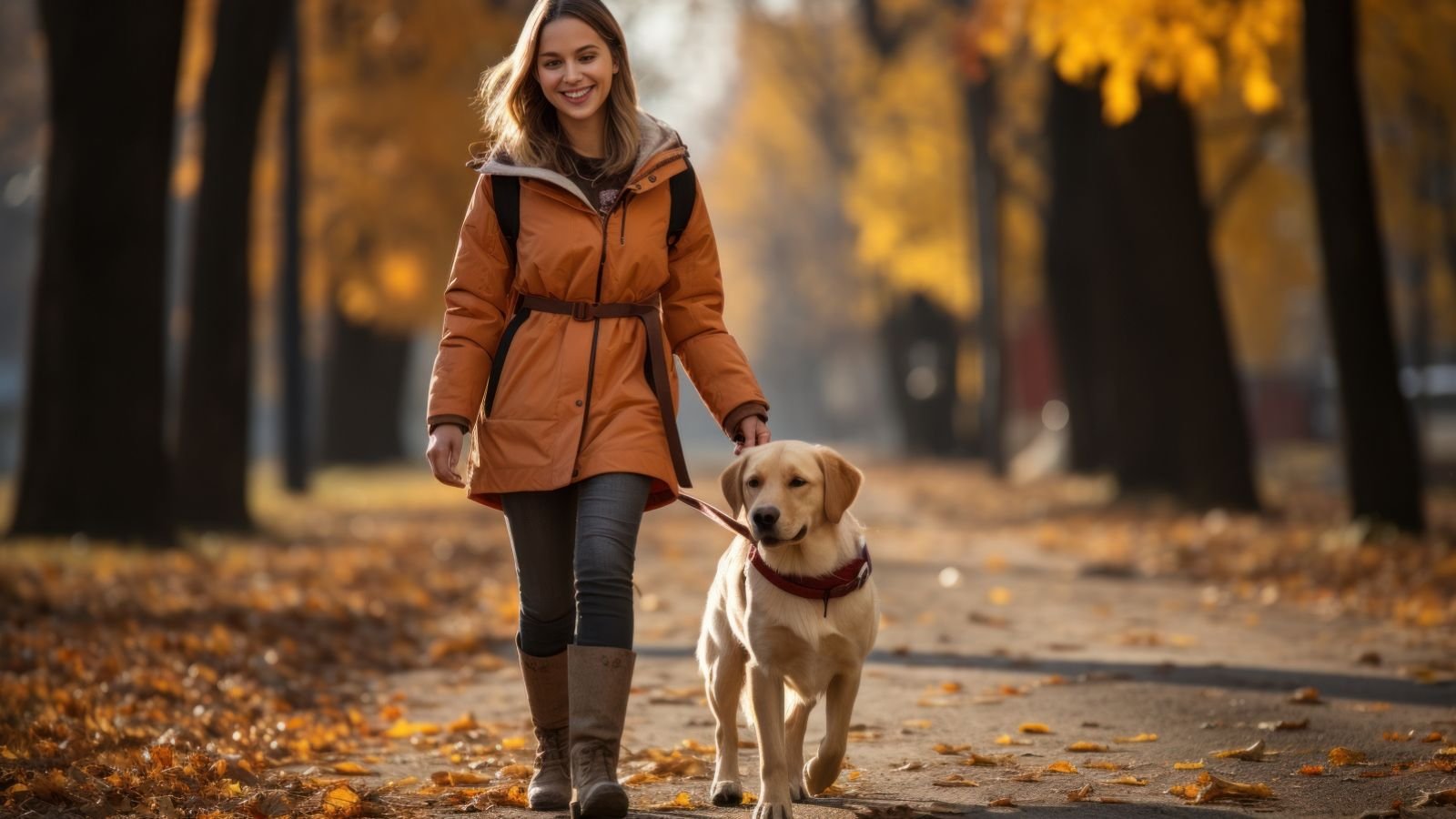Planning a dog-friendly workshop requires meticulous preparation. It’s important to ensure that dogs and their owners have a great time at the workshop. So, follow these 17 tips to create a smooth, enjoyable experience for all the participants at your next dog-friendly event.
Choose a Pet-Friendly Venue

Select a venue that permits dogs and offers a spacious area for roaming. Ensure the environment is free of hazards like sharp objects or toxic plants. Ensure the venue provides grassy areas and pet zones for dogs to enjoy.
Set Clear Rules

Make a clear list of rules for the workshop. These should include things like leash requirements, where dogs can go, and how they should behave, etc,. Send these rules to attendees through emails, the event website, or social media before the event. Remind everyone of these rules at the start of the workshop. This will ensure everyone understands and follows them.
Limit the Number of Dogs

Find out an optimal number of dogs based on the venue size and the type of activities planned. Too many dogs can lead to chaos and make it difficult for trainers to manage the group. Consider a registration system to limit the number of participants. It will ensure an easy, manageable environment for all.
Check Vaccination Records

Each participant must show an up-to-date vaccination record for their dog. Checking this during registration ensures all dogs are healthy and safe to be around others. Having this information handy also helps in case of any health issues during the event.
Provide Water Stations

Set up multiple water stations around the venue with fresh, clean water. Ensure the water bowls are large and accessible to dogs of all sizes. Check and refill the bowls often. Do it throughout the day to keep the dogs hydrated. This is especially important during physical activities.
Create Rest Areas

Create quiet zones. Equip them with comfy mats, blankets, or dog beds where dogs can relax and take breaks. These areas should be far from the main activity zone. Dogs should find these rest areas peaceful. Adding some shade or cover can also help keep dogs cool and comfortable.
Plan Interactive Activities

Plan different activities to help dogs and their owners interact better. Try agility courses, obedience training, or fun puzzle games. Make sure the activities suit all kinds of dog breeds and their temperaments. Such activities will keep the dogs busy and help them bond with their owners.
Hire a Professional Trainer

Hire a professional dog trainer to give expert advice. The trainer should lead training demos and help with any behavior issues. The trainer should manage the group dynamics and make sure all dogs behave well. This makes your workshop more professional and effective.
Offer Dog-Friendly Treats

Offer a selection of healthy, dog-friendly treats. Use them to reward good behavior and keep the dogs motivated. Ensure the treats are safe for all dogs and consider common allergies. During the workshop, you can use treats to reward positive behavior and to reinforce skill learning.
Ensure Waste Disposal

Place plenty of waste disposal stations with bags and trash cans around the venue. Encourage attendees to clean up after their dogs. This will keep the space clean and hygienic. Consider assigning volunteers or staff to monitor and help with waste disposal at the event.
Check Local Laws

Research and follow local laws about dogs in public spaces. These include leash laws, noise rules, and waste disposal laws. This helps avoid any legal issues and ensures that your event follows all local regulations. Communicate these laws to attendees to ensure everyone follows them.
Communicate Clearly

Inform participants about the workshop by sending them an email and on the event’s website. Include important details like the schedule, location, what to bring, and any special instructions. Send reminders and updates as the event gets closer. Clear communication helps everyone know what to expect and makes the event run smoothly.
Have a First Aid Kit

Having a complete first-aid kit for dogs at your workshop is important for everyone’s safety. The kit should have bandages, antiseptic wipes, tweezers, and any needed medicines. A pet first-aid expert can handle minor injuries or emergencies, making everyone feel safe and cared for.
Provide Adequate Space

Ensure the venue has enough space for dogs to move freely without feeling cramped. This includes ample room for activities, rest areas, and general mingling. Having enough space reduces stress and prevents conflicts among dogs. It also creates a more relaxed and fun atmosphere around.
Include Breaks

Schedule regular breaks throughout the workshop. The dogs and their owners must rest, hydrate, and use the bathroom. These breaks prevent exhaustion and give dogs time to relax and recharge. Plan activities in manageable segments. It helps to keep the energy levels balanced and maintain a positive experience for all.
Capture the Moments

Hire a professional photographer. Or, ask someone to take high-quality photos and videos at the workshop. Take photos of interactions between dogs and their owners. Capture their activities and natural moments. Later, share these photos and videos with participants. These memories will last a lifetime for them. You can also use them for future promotions and as marketing materials.
Gather Feedback

After the workshop, it’s important to get feedback from the participants. You can do this through surveys or direct communication. Ask about what they enjoyed, what needs to be improved, and any suggestions they have for future events. This feedback is invaluable in enhancing the experience of your next workshop. It helps you meet your audience’s needs and expectations. And also makes them feel heard.
